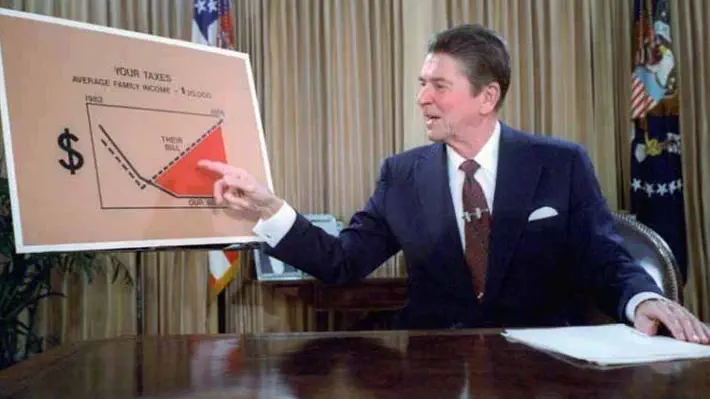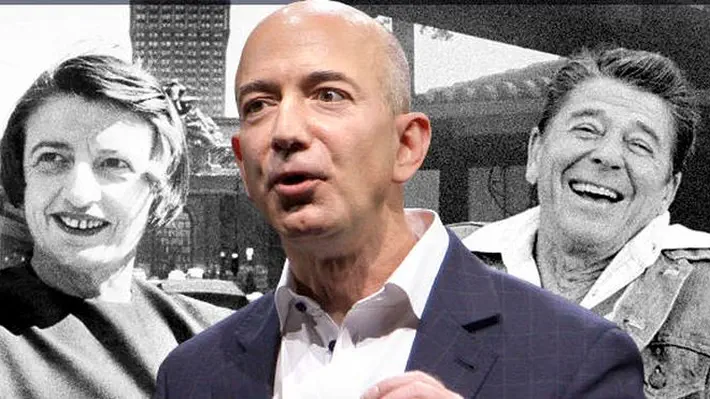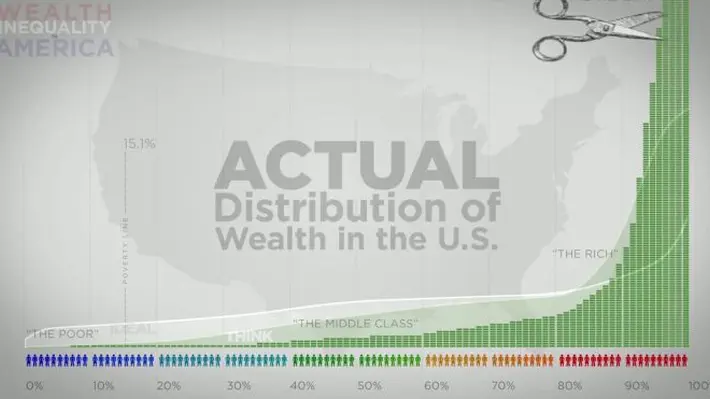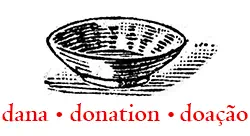
Trickle-down economics
Trickle-down economics, also referred to as trickle-down theory, is an economic principle that advocates reducing taxes on businesses and the wealthy in society as a means to stimulate business investment in the short term and benefit society at large in the long term. It is a form of laissez-faire capitalism in general and more specifically supply-side economics. Whereas general supply-side theory favors lowering taxes overall, trickle-down theory more specifically targets taxes on the upper end of the economic spectrum.
 Wikipedia
WikipediaTrickle-down economics
Trickle-down economics, also referred to as trickle-down theory, is an economic principle that advocates reducing taxes on businesses and the wealthy in society as a means to stimulate business investment in the short term and benefit society at large in the long term. It is a form of laissez-faire capitalism in general and more specifically supply-side economics. Whereas general supply-side theory favors lowering taxes overall, trickle-down theory more specifically targets taxes on the upper end of the economic spectrum.
 Salon
SalonFree markets killed capitalism
Ayn Rand, Ronald Reagan, Wal-Mart, Amazon and the 1 percent’s sick triumph over us all // Monopoly is back: Barry Lynn on the concentration of American economic power -- and how we can restore fairness

 Wikipedia
Wikipedia YouTube
YouTube Salon
Salon





